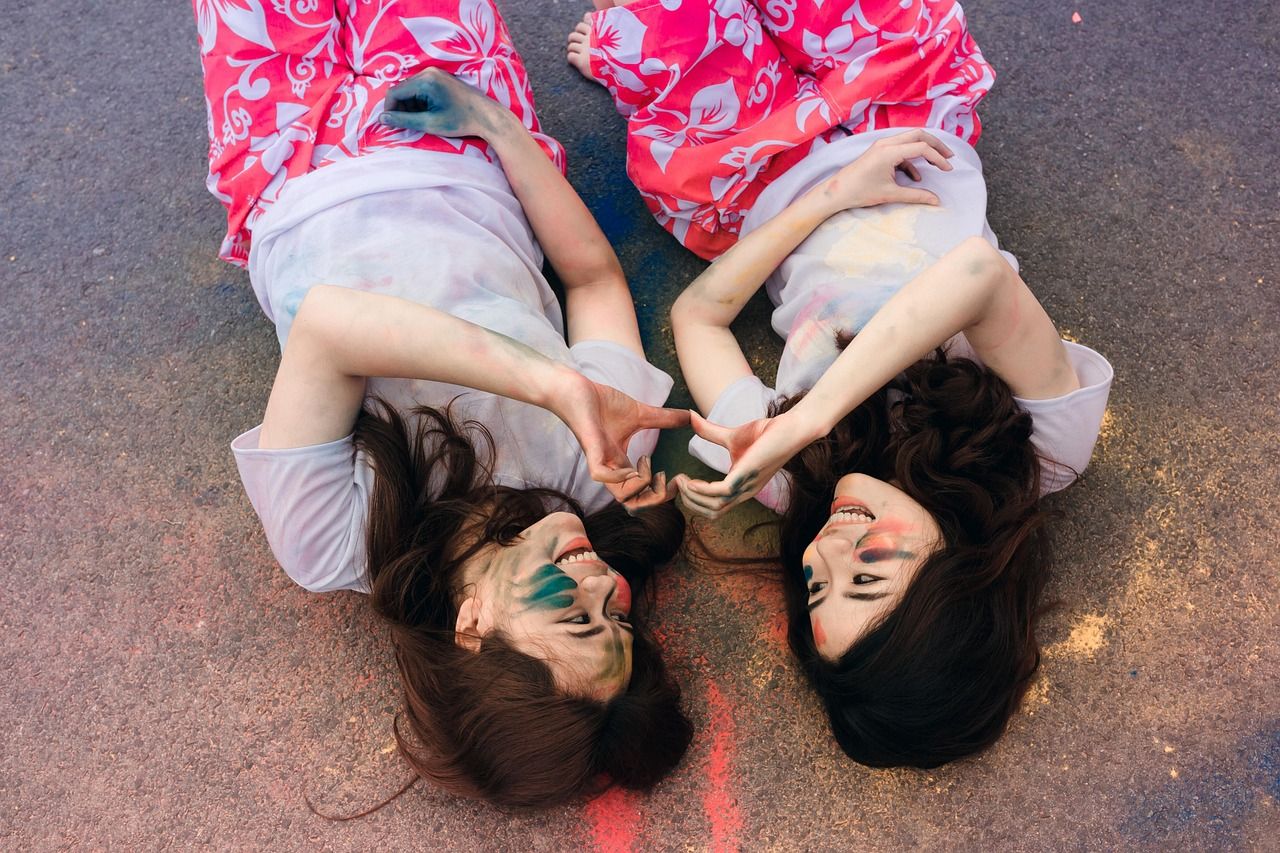Friendship is one of the best gifts in life. It makes life more fun, and sometimes friends even become like family. But the truth is, no two people will ever think exactly the same way. At some point, there will be differences in beliefs, opinions, or the way we see life. The question is: can a friendship survive those differences? For me, the answer is yes. A friendship should not end just because two people do not share the same beliefs or ideals. What really matters is respect and tolerance.
[source](https://pixabay.com/photos/happy-holidays-women-talking-laugh-2567915/)
We all grow up differently. We are not from the same family, we don’t hear the same advice from our parents, and our environments are not the same. All these things shape how we think and what we believe. For example, someone who grew up in a rich and quiet area like GRA will not see life the same way as someone who grew up in a busy, noisy neighborhood. Their opinions on money, success, or even relationships will likely be different. But that doesn’t mean they can’t be friends. In fact, sometimes those differences make friendship more interesting. You get to hear another perspective that you might never have considered.
Respect is the key. You don’t have to agree with everything your friend says, but you should allow them to express their thoughts without looking down on them. Respect means saying, “I don’t agree with you, but I accept that you have the right to your opinion.” That alone can save many friendships. I’ve noticed that when we try to force someone to think like us, it only creates conflict. But when we accept that it’s okay to be different, friendship becomes easier to maintain.
I can share a personal story to explain this better. During my NYSC service year, I had a friend who believed strongly that Lagos is the best state in Nigeria. She always said Lagos is better than every other place, and it annoyed me because I didn’t agree. To me, every state has its own beauty and value. At first, we argued about it a lot. Anytime the topic came up, it turned into a small quarrel. But later, I realized the arguments were pointless. So, whenever she started talking about Lagos, I just smiled and ignored it. I didn’t agree with her, but I didn’t let it come between us either. Today, we are still friends, and our bond is strong. That experience taught me that sometimes it’s better to let some things go rather than lose a friend over them.
[source](https://pixabay.com/photos/women-friendship-smiling-friends-2143800/)
However, I also believe tolerance has limits. There are some situations where differences can become harmful. For example, if a friend constantly mocks your beliefs or tries to force their ideas on you, then it’s no longer about healthy differences. That kind of behavior can destroy peace of mind. In such cases, setting boundaries is important, and sometimes ending the friendship might even be the best decision. Friendship should never come at the cost of your dignity or happiness.
So how open and tolerant should we be? I think we should be as open as possible when the differences are harmless like different tastes in music, politics, or lifestyle. Those are areas where we can learn from each other and grow. But when the differences cross into disrespect or pressure, then we need to protect ourselves. Balance is important: be open, but don’t allow anyone to trample on your values.
Differences in opinions or beliefs don’t have to end a friendship. They can actually make it stronger if both people handle them with respect and maturity. Friendship is not about thinking the same way but about valuing each other despite the differences. When we understand this, we can maintain long-lasting friendships and enjoy the beauty of seeing the world through different eyes.
Posted Using INLEO